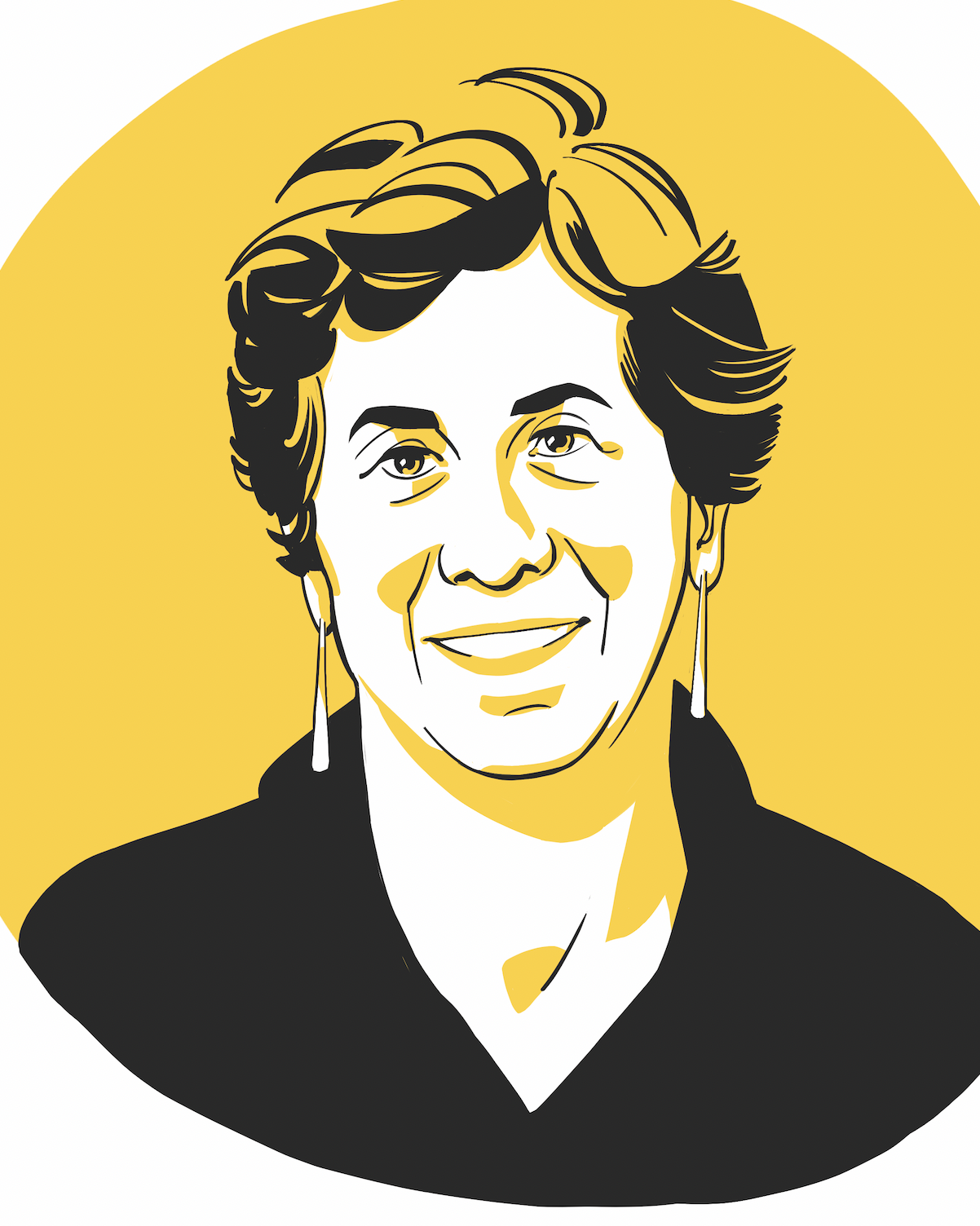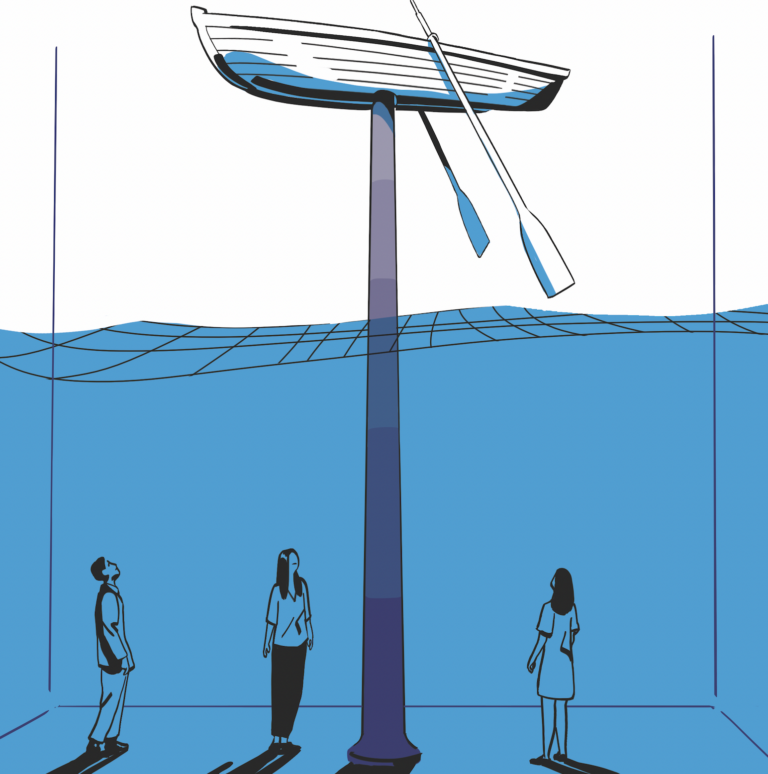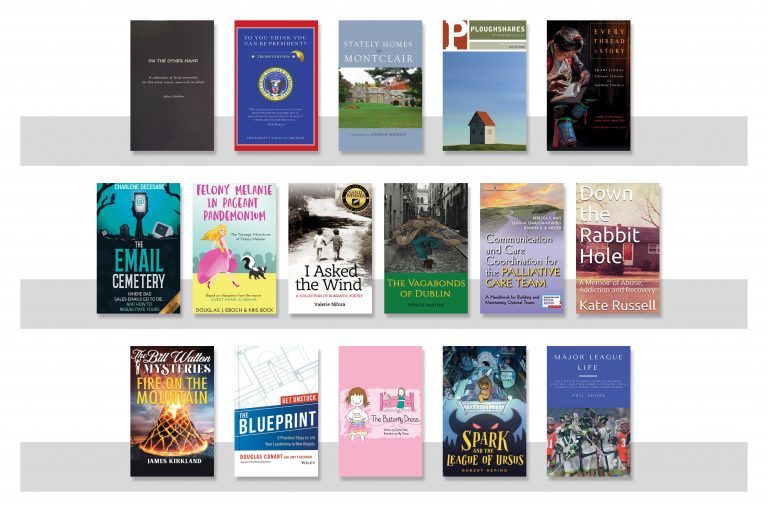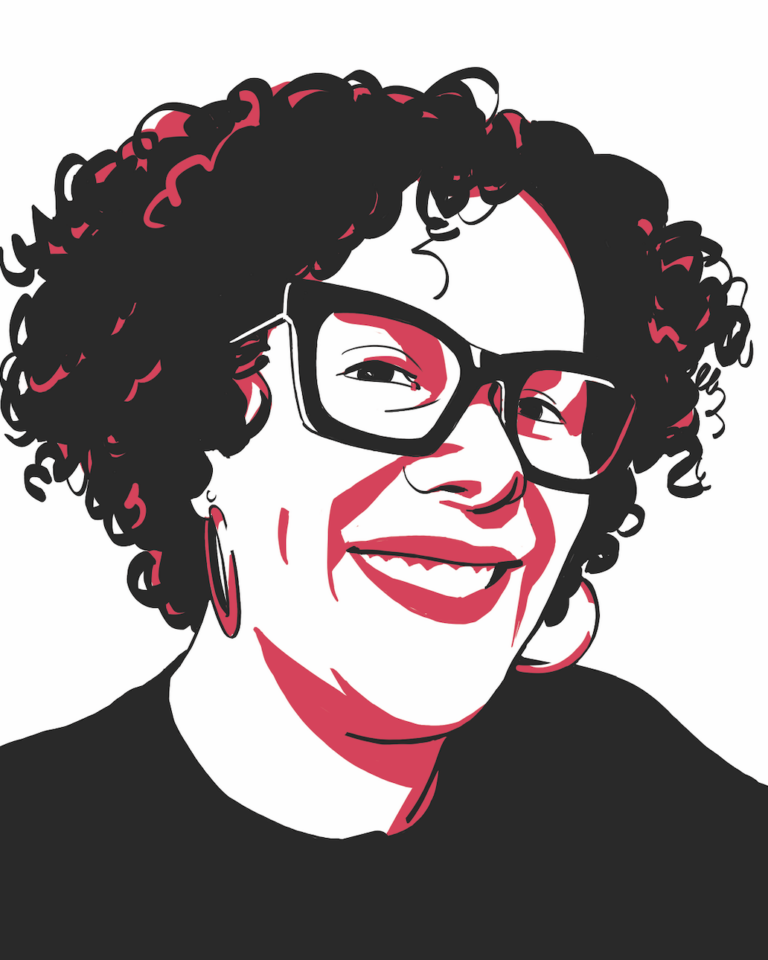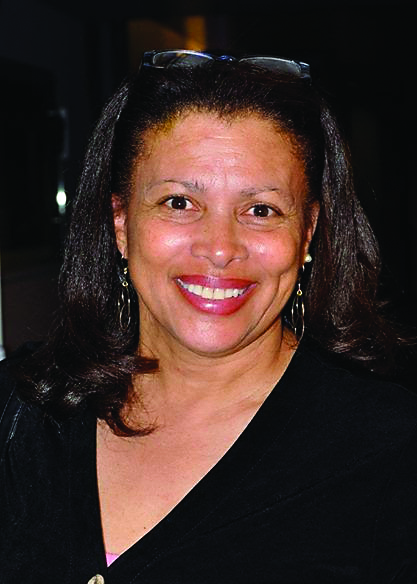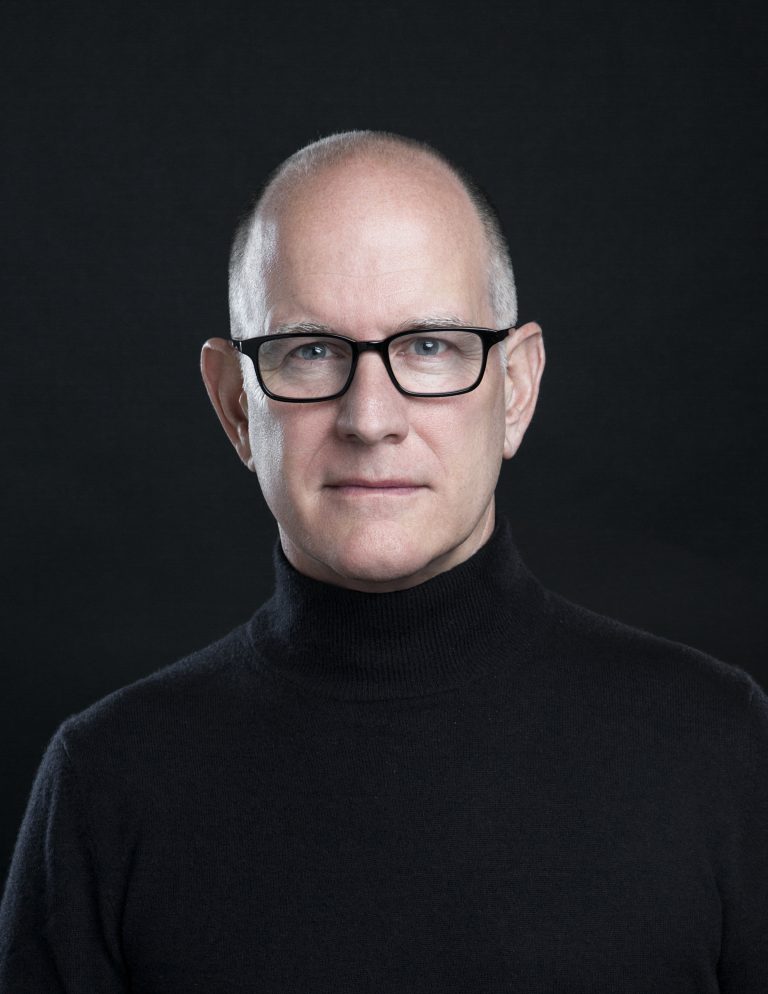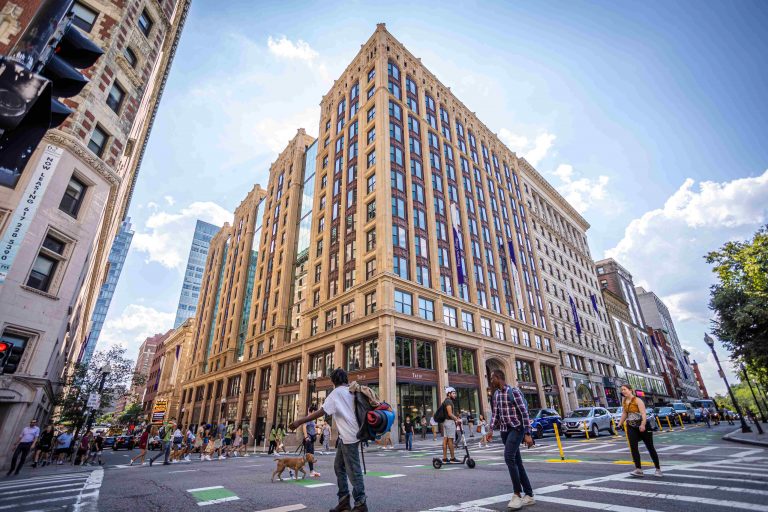Radically Changing Our Schools
By Cheryl Alkon
Linda Nathan, MA ’90, Lecturer, Harvard Graduate School of Education and Cambridge College-Puerto Rico
WHAT’S YOUR BIG IDEA?
Rethinking how we teach students.
WHY IS IT IMPORTANT?
If we don’t make sweeping changes, our democracy will truly be in peril.
As a longtime principal, educational reform leader, school founder, and artist, Linda Nathan, MA ’90, understands how schools work, but knows they aren’t working for all.
“We need to reinvent and reinvigorate a massive campaign to bring young people to teaching, pay them three times what they make now, and radically restructure how time is used in school and what curriculum is offered and prioritized,” she said.
The current structures are no longer serving too many kids, she said. “If we do not make radical and massive changes,” she said, “another generation will be left behind and our democracy will truly be in peril.”
Nathan certainly understands what’s at stake. Over the past four decades, she’s worked as the founding principal of Boston Arts Academy—the city’s first public high school for the visual and performing arts—and founded the Tobin Bilingual Middle School for the Arts. She co-directed Fenway High School, one of the first pilot schools in Boston, and has founded three nonprofits that focus on arts advocacy, youth development, systemic education reform, and creativity. She also co-founded and co-directed the Perrone-Sizer Institute for Creative Leadership, and currently, she’s a lecturer at the Harvard Graduate School of Education and Cambridge College–Puerto Rico. She’s also written two books about education, The Hardest Questions Aren’t on the Test and When Grit Isn’t Enough, and co-edited a third, Designing Democratic Schools and Learning Environments: A Global Perspective.
Nathan foresees an improved middle school experience for every child, regardless of location or family income. “I want to imagine a school that is bold, different, and focuses on what kids need today,” she said.
She envisions kids ages 11 through 14 attending school with specific modules to cover topics that are directly relevant to their current and future success: daily movement, social and emotional learning, civics to fortify democracy and collaboration, math to support entrepreneurship and financial literacy, and science based on climate change and the immediate environment.
Such curricula already exist in certain private schools and “in certain ZIP codes,” Nathan noted, but kids everywhere deserve this kind of learning.
“We [as a society] have decided that if you are poor, or if you are in a marginalized community, you’ll get a really meager [educational] diet. But in those under-resourced cities, or rural communities, how do you provide enough experiences for kids?”
Nathan said the goal is to make learning directly related to how students will ultimately live as adults in society, including being able to think critically and collaborate, rather than the US’s current polarized state.
“We need to have environments where kids can really stretch their imaginations,” she said.

